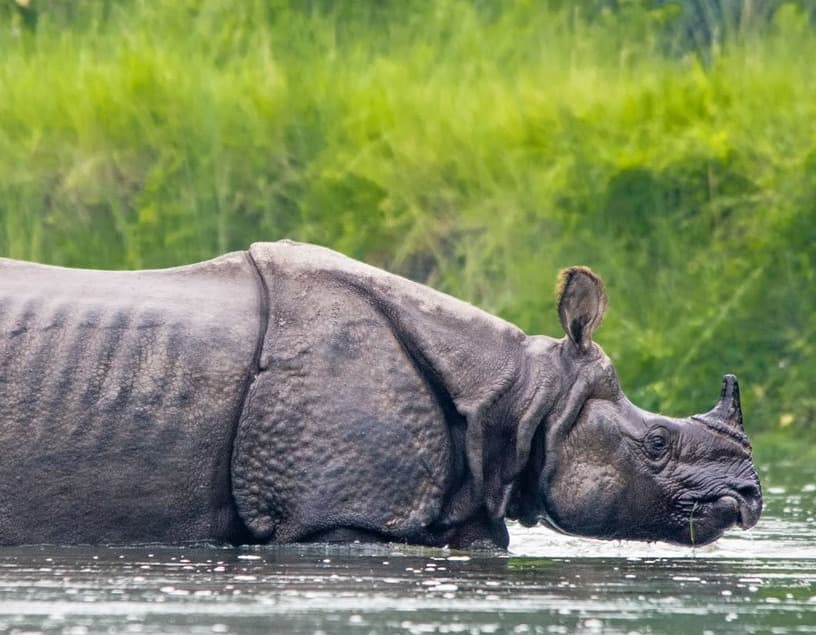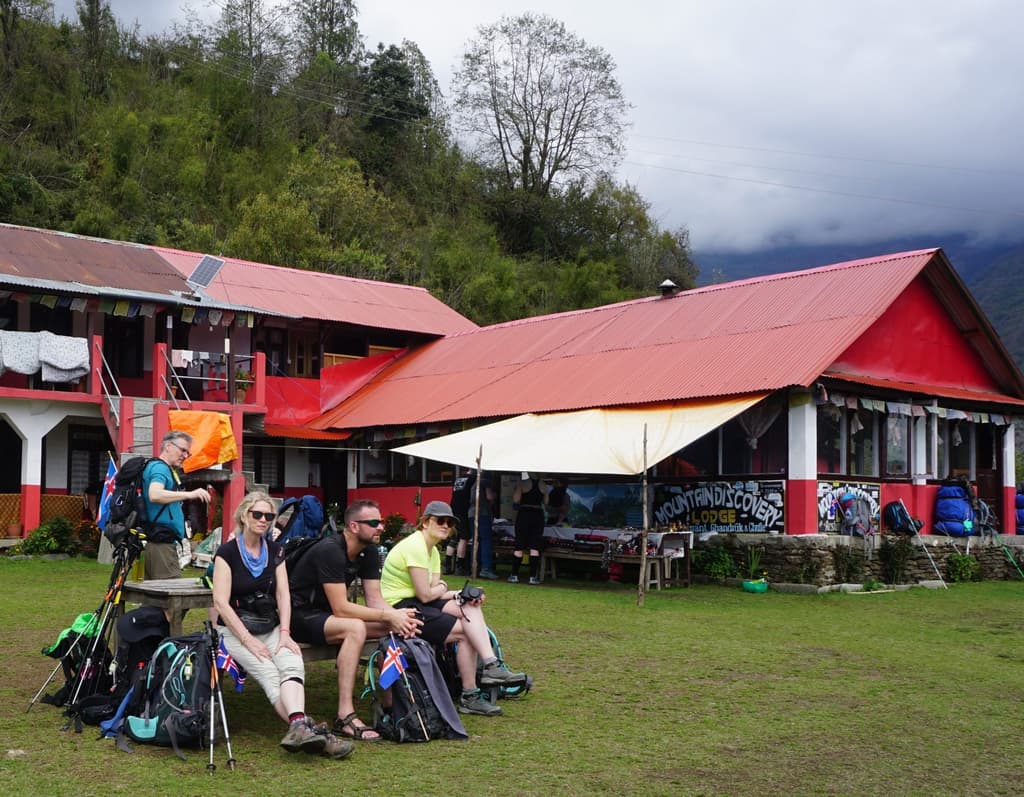Traveling is a fun way of learning about diverse cultures, exploring different landscapes, and meeting new faces. Traveling helps people to wander about new things and the places and their history. From trying arrays of foods and exploring new arts and architecture, traveling is everything. Likewise, for many of us, we have our own version of the story for traveling. Thus everybody travels for different reasons and different experiences. Among many things that can be explored through travelers, getting close to wildlife is another popular factor for traveling. Henceforth, traveling to experience wildlife allows you to engage in many activities. And elephant back riding is one of the activities included in the wilderness experience. Getting on the back of these massive animals and taking a jungle safari is a pretty popular activity worldwide.
As much as their size is intimidating, these are some of the loving and social animals. People are fond of its strong tusk, trunk, big ears, intelligence, and amazing socializing skills. However, in recent years, whole business schemes around these animals have been formed. These activities need elephants to work harder and make their passengers delighted. However, there is an unseen picture in the background that many are not able to see.
There is a misconception that it is okay to keep elephants in captivity. In reality, these creatures are wild animals who should be left to roam freely in the jungles. People have used these speechless creatures as a prop in the circuses or a way of transport or money-earning machines in the tourism industry. This whole state of elephants is cruel and harsh.
What happens to elephants in captivity?
Elephants who are kept in captivity are chained so that they cannot travel. They are in resistance and are in control of their keeper. The keeper of the elephants is called Mahouts. They are controlled with physical beatings by a stick or hooks. Elephants in the circuses are made to perform without consent and even when they are taxing or sick. Due to these painful conditions, elephants suffer from health and behavioral problems. They eventually start to show aggressive behavior towards their Mahouts, which sometimes leads to accidents and fatalities.
And in the context of Nepal, in terms of elephants, Chitwan National Park and Bardia National park are two of the most celebrated destinations of Nepal. Every year thousands of visitors make their way to these national parks for recreational and study purposes. And elephant back riding falls under the recreational category.
Both national parks have elephant breeding centers. For some, a visit to an elephant breeding center can be unbearable. To see them chained and tamed will be emotionally challenging. However, you will see them with their family, which is maybe the only positive factor about these places. In these centers, elephants are fed and taken care of. Governments manage elephant breeding centers. Hence when they grow, they are taken under park ranger.
Those who are taken by the park rangers are anti-poaching elephants who are allowed to roam freely and unchained. Over the years, anti-poaching elephants have shown great results by showing zero poachings in the national parks of Chitwan. These anti-poaching elephants successfully protect endangered animals like royal Bengal tigers, one-horned rhino, vultures, and many more from poachers. Thus elephants are doing important conservation work.
However, there are locally owned elephants, too, whose sole purpose is to earn money for its keepers. Although reforms and many welfares activities are being done by the government and INGO’s some are still unaware of it. Locals are open to ideas about the reforms as long as it is reasonable for elephants and keepers. An international organization like WWF has introduced less harmful training methods. Although, it is still in the initial phase. Similarly, Elephant Aid International is working with the government of Nepal to launch empathetic elephant care and practices of unchaining the elephants.
Nepal's government has made few changes over the years in favor of the safety and rights of animals. It is nice to see people adapting to more sensible methods. For Nepal, where tourism is one of the important economic generators, it is nice to see people open to adapt workable practices.
Moreover, due to public awareness, many visitors refrain from partaking in elephant safari or any elephant-related activities. Instead of taking elephant rides, they have inclined towards jeep safari, jungle walk, and canoe ride.
On the whole, we urge everybody to refrain from participating in these activities too. Let’s respect the wild animals' sentiment and let them enjoy life in their own wild habitat. In the coming years, the government of Nepal will be ban elephant safari and elephant activities but with equitable strategies for its keepers.
And last but not least, Nepal Hiking Team is pleased to pledge that we shall not promote elephant safari or any elephant activities. There are far better and non-harmful ways to explore and enjoy the essence of wilderness.



Post a Comment